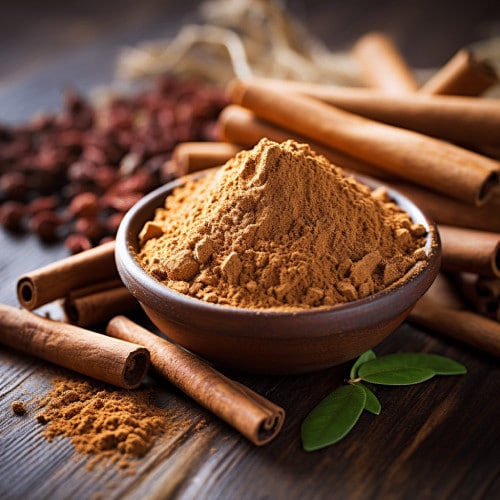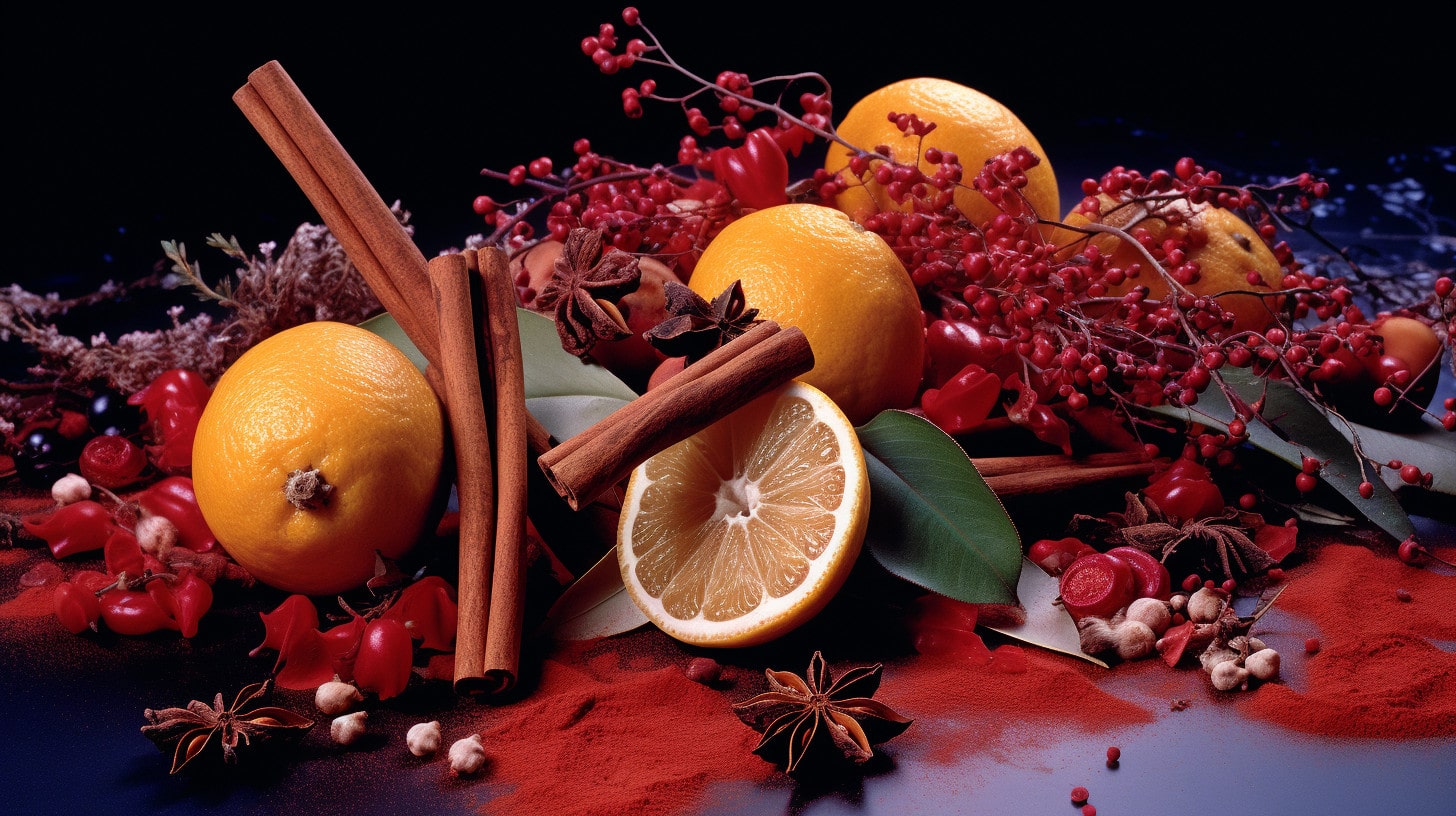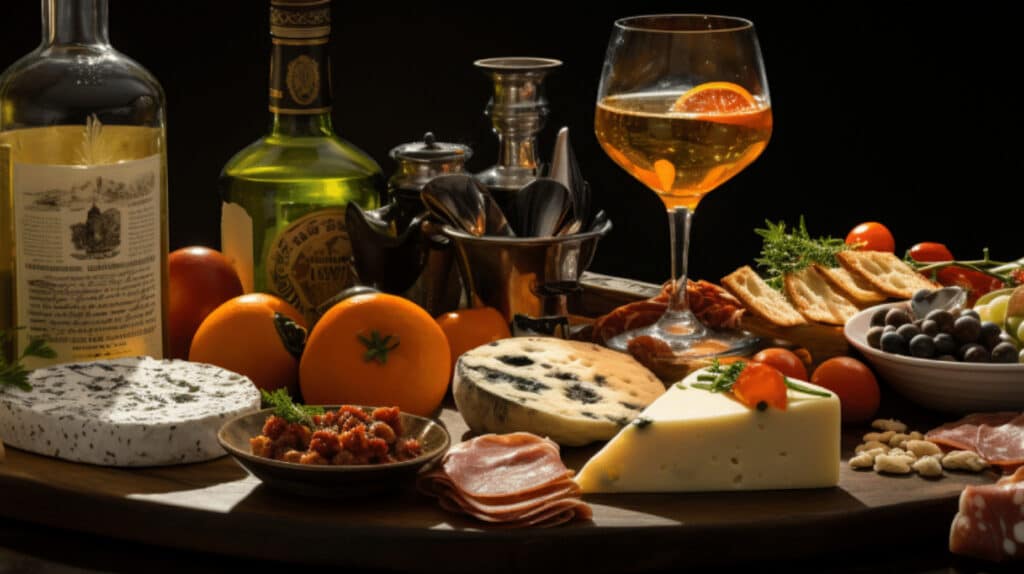The Early Days of the Vermouth Wine folly: Vermouth as a Health Elixir
In its nascent stages, vermouth was more than just a beverage; it was considered a health elixir. Originating from Turin, Italy, this aromatized wine was steeped in botanicals that were believed to have various medicinal properties. The vermouth wine folly concerns the concept of this wine as a health elixir and is deeply rooted in its historical context, where the line between medicine and everyday consumables was often blurred.
The key to vermouth’s status as an elixir lay in its botanicals. Ingredients like wormwood, cinchona bark, and various herbs were not just flavor additives; they were medicinal components with a long history in traditional medicine. These botanicals were believed to offer a range of health benefits, from aiding digestion to acting as anti-inflammatories.
The vermouth wine folly and concept of an elixir was deeply ingrained in the culture of the time. In an era when modern medicine was still in its infancy, elixirs like vermouth filled the gap between folklore and science. They were part of a broader cultural belief in the healing power of natural ingredients.
The lack of scientific scrutiny added an element of mystery to vermouth. Its exact health benefits were not clearly understood, but that only added to its allure. It was a drink shrouded in mystique, its recipe often closely guarded to maintain its enigmatic status.
Botanicals and Their Perceived Benefits
The botanicals in vermouth are a carefully selected ensemble of herbs, spices, and roots. Each botanical is chosen not just for its flavor profile but also for its perceived health benefits. This selection process is a nod to vermouth’s historical role as a health elixir.

Specific Botanicals and Their Roles
Botanicals are the soul of vermouth, providing not just flavor but also a rich tapestry of perceived health benefits. These plant-based ingredients have been an integral part of vermouth since its inception, echoing its historical role as a health-promoting elixir.
- Wormwood: Known for its digestive properties, wormwood was one of the original botanicals in vermouth. It’s believed to stimulate the digestive system and help with indigestion.
- Cinchona Bark: Rich in quinine, this botanical was traditionally used to treat malaria and is thought to have antipyretic properties. It’s one of the main causes of the vermouth wine folly.
- Sweet Flag: Often used in traditional medicine for its anti-inflammatory and digestive benefits.
- Angelica Root: Believed to have properties that support respiratory health and alleviate symptoms of colds and flu.
- Coriander: Often used for its anti-inflammatory properties and potential to aid in digestion.
- Chamomile: Known for its calming effects and potential to aid in sleep and relaxation.
- Sage: Traditionally used for its potential antioxidant and cognitive-enhancing properties.
- Juniper Berries: Believed to have diuretic properties and potential benefits for digestion.

The botanicals in vermouth are not just individual actors but part of a larger ensemble. Their combined effects create a unique blend of flavors and potential health benefits, making vermouth more than the sum of its parts. This alchemy of botanicals is a key aspect of its enduring appeal.
The vermouth wine folly concerns the mith that botanicals have long been believed to offer various health benefits, from aiding digestion to acting as anti-inflammatories. But what does science say about these claims? This section delves into the available scientific studies that examine the health benefits of botanicals commonly used in vermouth.
Wormwood: Beyond the Myth
Wormwood, one of the key botanicals in vermouth, has been studied for its potential anti-inflammatory and antimicrobial properties. While some studies suggest that wormwood may have these benefits, the evidence is not yet strong enough to make definitive health claims.
Cinchona Bark: The Quinine Factor
Cinchona bark is rich in quinine, which has been studied for its antimalarial properties. However, the concentration of quinine in vermouth is not sufficient to offer any significant health benefits.
Chamomile: A Calming Influence?
Chamomile is often cited for its potential calming and anti-anxiety effects. Some studies have shown that chamomile extract can have a mild sedative effect, although these studies often involve concentrations higher than what is found in vermouth.
The Limitations of Current Research
It’s important to note that while some studies suggest potential health benefits for these botanicals, the research is often limited in scope and scale. Additionally, the concentrations used in scientific studies are typically much higher than what is found in vermouth. So much for the vermouth wine folly.
Scientific Evidence: What We Know About Vermouth Botanicals
Scientific research has shed light on the health benefits associated with botanicals like Wormwood, Cinnamon, and Citrus peels, which are often used in vermouth production. Here’s a summary of the findings:
Wormwood (Artemisia annua):
- Research indicates that Wormwood can benefit various diseases including malaria, diabetes, heart diseases, and arthritis, showcasing antimicrobial, antioxidant, and anti-inflammatory effects1.
- The notable plant compound in Wormwood is thujone, which has some benefits but can be toxic in excess2.
- Studies have shown Wormwood’s potential in treating diabetes and associated diseases, like improving renal function in diabetic rats, increasing insulin sensitivity, and lowering lipid and blood glucose levels in people with both type 2 diabetes and high cholesterol3.
- Wormwood has also been reported to boost the immune system, help fight off viruses and bacteria, reduce inflammation, and improve mood while reducing stress4.
Cinnamon:

- A 2019 review suggested that cinnamon supplementation could reduce blood sugar levels in people with diabetes, although it didn’t significantly affect hemoglobin A1C levels which reflect blood sugar levels over a longer period5.
- Cinnamon has been reported to have antioxidant, anti-inflammatory, antidiabetic, antimicrobial, anticancer, lipid-lowering, and cardiovascular-disease-lowering effects, and may also have activities against neurological disorders like Parkinson’s and Alzheimer’s diseases678.
- The bioactive compounds in Cinnamon species are known for their antimicrobial, antidiabetic, antioxidant, anti-inflammatory, anticancer, and neuroprotective effects, as seen in preclinical in vitro/in vivo studies9.
Citrus Peels:
- Citrus peels are a substantial source of health-enhancing compounds like phenolic compounds and carotenoids, known for their antioxidant properties10.
- Various research efforts have highlighted the antioxidant, antimicrobial, antidiabetic, antihypertensive, anti-inflammatory, and anticancer properties of citrus peels11.
- Functional components extracted from citrus peels, including flavonoids, limonoids, alkaloids, essential oils, and pectin, have been associated with improvements in human health against active oxygen, inflammatory, cancer, and metabolic disorders12.
- Scientific research has shown the beneficial properties of citrus-based food products on degenerative diseases like cardiovascular disease, reduction in blood glucose, cancer, and hypertension13.
These findings underscore the potential health benefits of botanicals used in vermouth production, adding another dimension to the appreciation of this aromatic beverage.







